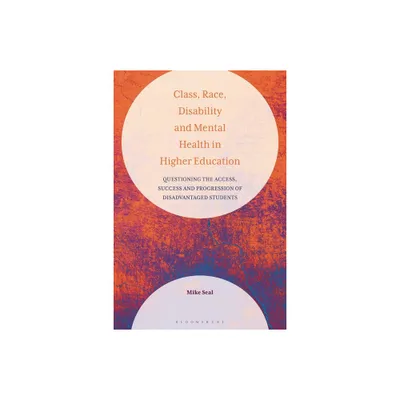Home
Cultural Identity and Mental Health Education
Loading Inventory...
Barnes and Noble
Cultural Identity and Mental Health Education
Current price: $10.00


Barnes and Noble
Cultural Identity and Mental Health Education
Current price: $10.00
Loading Inventory...
Size: Paperback
*Product Information may vary - to confirm product availability, pricing, and additional information please contact Barnes and Noble
Cultural Identity and Mental Health in Education by Nacovin J. Norman examines the vital connection between cultural identity and mental health, particularly in the context of education. The book focuses on how minority students-especially those from African-American, Latinx, Indigenous, and immigrant backgrounds-experience unique challenges as they navigate school environments that often fail to reflect or honor their cultural heritage. These challenges can result in mental health issues such as depression, anxiety, and feelings of alienation, all of which impact academic performance and overall well-being. Norman emphasizes the importance of fostering strong cultural identity in minority students, which can act as a protective factor, promoting resilience, self-esteem, and greater academic engagement. He explores how schools can either support or undermine students' cultural identities and mental health, depending on whether they adopt culturally responsive teaching methods. Integrating students' cultural backgrounds into curricula and school practices is key to creating inclusive, supportive environments that enhance both mental health and academic success. Through a combination of literature reviews, case studies, and personal experience as a school psychologist, Norman offers practical strategies for educators and mental health professionals. The book provides insight into culturally competent mental health interventions, addressing racial trauma, and the psychological effects of historical trauma on minority students. Norman also highlights the importance of family and community involvement in promoting cultural identity and mental well-being. In the final chapters, the book explores the future of culturally competent education, addressing both the challenges and opportunities in creating more equitable school environments that promote inclusivity, mental health, and academic achievement for all students.

















